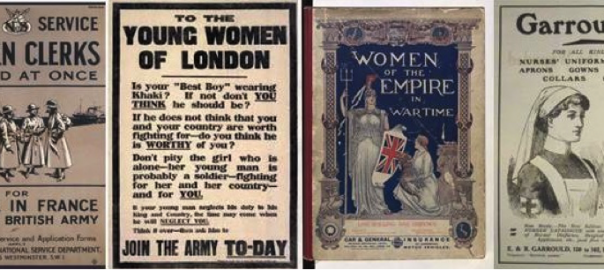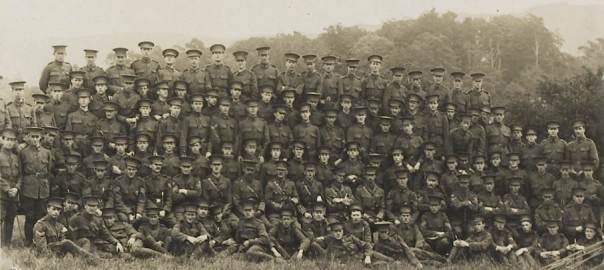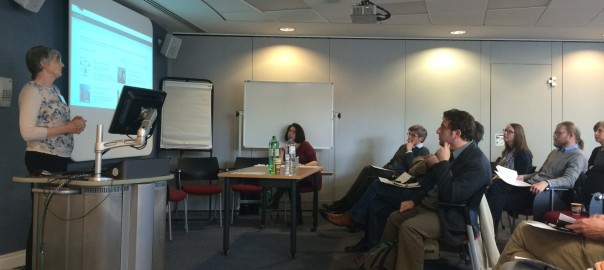18 July 2016 @ Research Beehive Rm. 2.21, Newcastle University
We invite you to a networking event for community researchers working on the First World War. The event will take place on Monday 18 July 2016 at Newcastle University, and will offer an opportunity for people to meet and share their work and experiences. Heritage Lottery Fund North East will be at the event to talk about the range of First World War projects being carried out across the region, and we are delighted to welcome the Worker’s Educational Association to showcase their own project researching the WEA in the North East during the First World War.As well as these talks and the networking opportunities throughout the day, we are also offering the chance to take part in an HLF Funding Application workshop for the development of future projects.
You can download a programme for the day here.
Attendance at the event (including lunch and refreshments) is free of charge, but places are limited and will be allocated on a first-come-first-served basis. To reserve a place at this event, please email: fww@ncl.ac.uk by Wednesday 13 July 2016.
The event is being hosted by the Living Legacies First World War Centenary Engagement Centre, in collaboration with the Heritage Lottery Fund, with support from Newcastle University Institute for Social Renewal, and Newcastle University Humanities Research Institute. Living Legacies is one of five FWW Engagement Centres funded by the Arts and Humanities Research Council to connect academic and community researchers. Further details of all the Centres can be found here.


